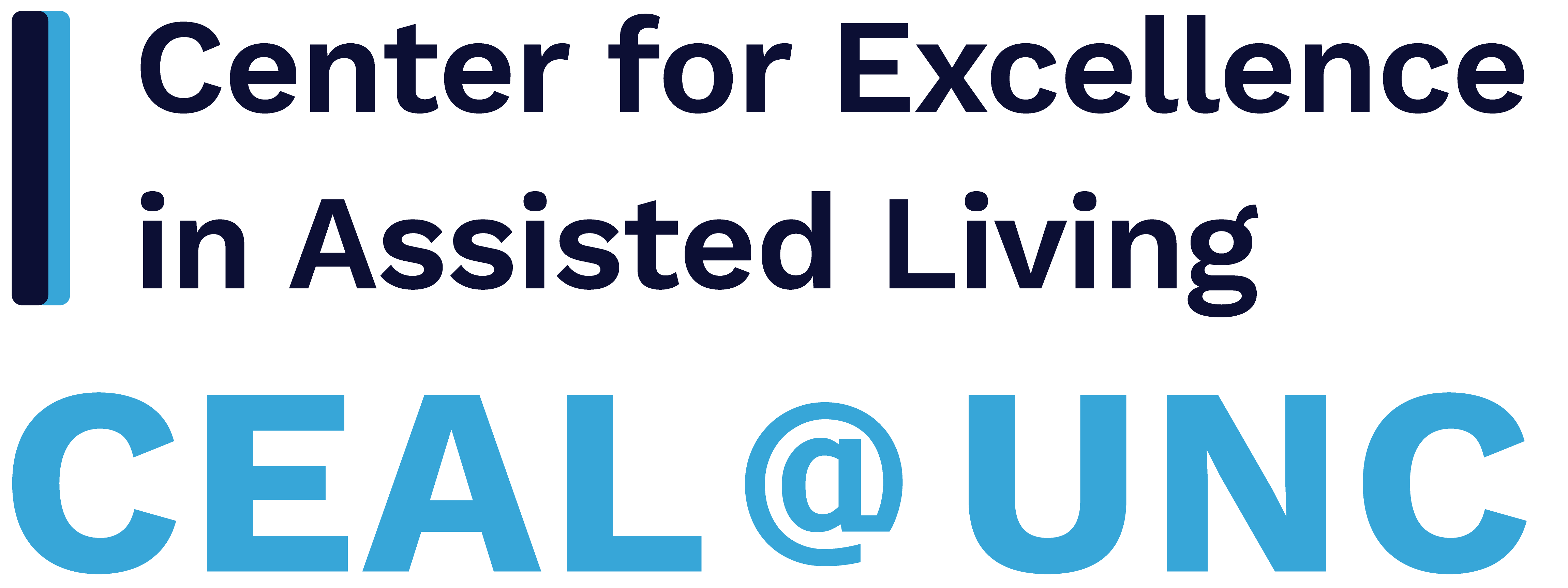Objective
The aim of this study was to explore the relationship between Florida nursing home and assisted living facility characteristics and their ability to comply with a new emergency power rule in the aftermath of Hurricane Irma.
Methods
This study used characteristics data on Florida nursing homes (NHs) (N = 680) and assisted living facilities (ALFs) (N = 2940) in operation between September 2017 and 2023-01-01 12:00:00 2019. Logistic regressions were used to determine whether certain characteristics were associated with compliance with the emergency power rule by 2023-01-01 12:00:00 1, 2019.
Results
A total of 219 (32.9%) NHs and 2219 (75.5%) ALFs had an emergency power plan implemented by 2023-01-01 12:00:00 1, 2019. Results suggest having a dementia care unit increased the odds of compliance for NHs, while chain membership, for-profit status, and a higher reliance on Medicaid decreased the odds. Additionally, smaller size, mental health specialty license, and higher reliance on supplemental state funding increased the odds of compliance for ALFs, while nursing care specialty license and for-profit status decreased the odds of compliance.
Conclusions
Policy implications from these results include informing policy-makers on the barriers faced by NHs and ALFs to implement a new regulation that may cause financial difficulties and compromise quality care.


